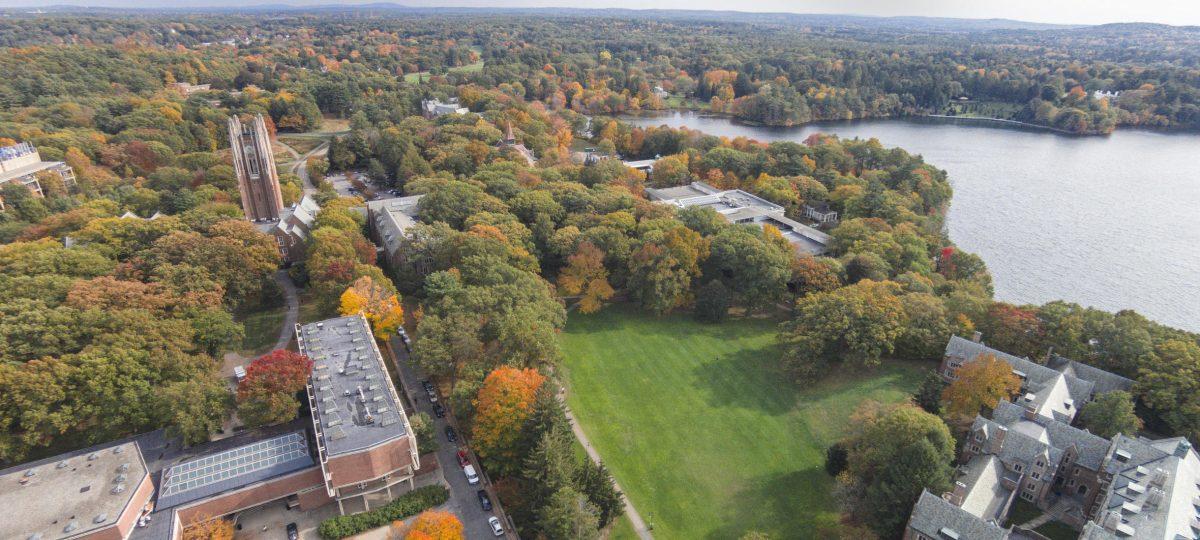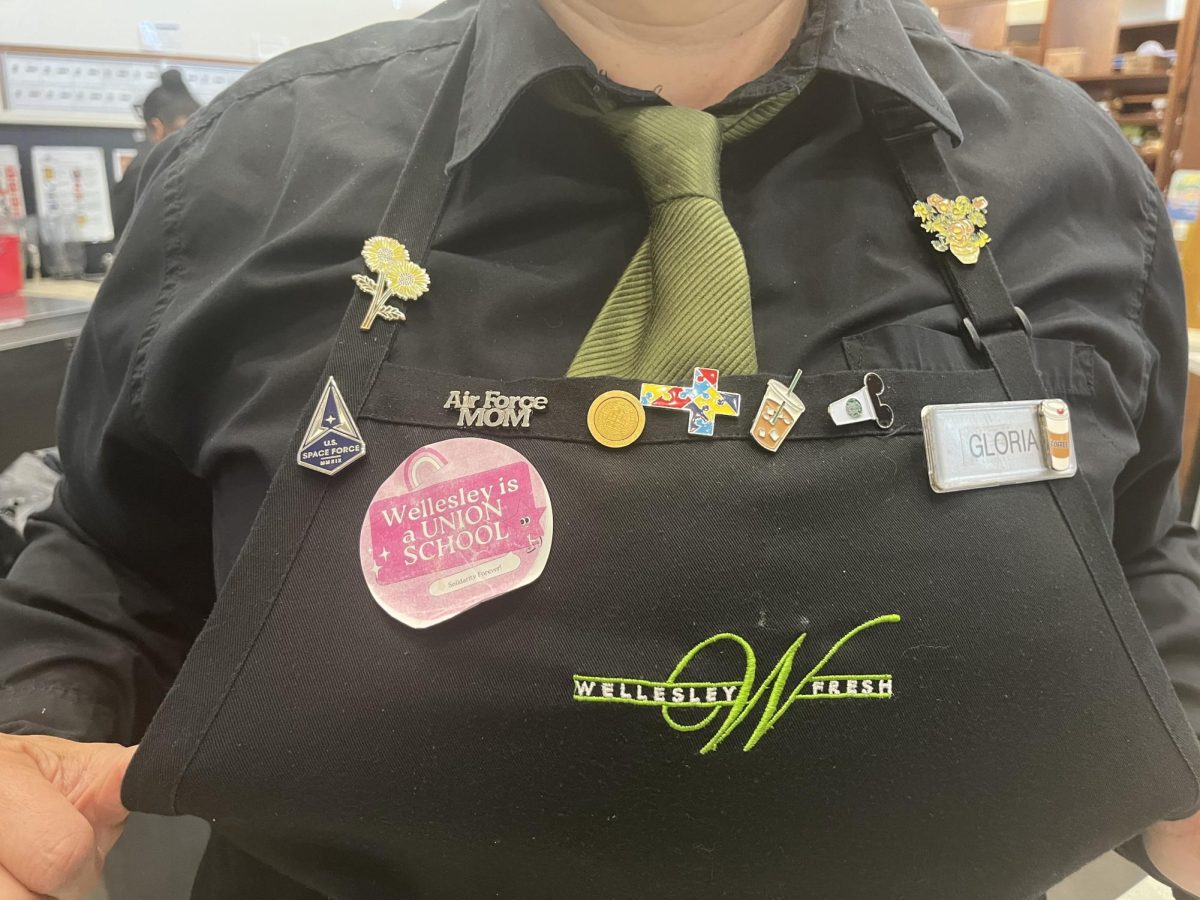On Oct. 25, 2021, Wellesley College President Paula Johnson announced Wellesley’s official land acknowledgment.In an email she wrote, “While we celebrate this moment, we must also recognize that this land acknowledgment is just one step toward creating a vibrant and inclusive campus that recognizes the long history of racism and oppression in the United States and strives to uplift the contemporary lives of Indigenous peoples.”
The land acknowledgment comes after a year-long process, with input from the Native American Students’ Association (NASA) and collaboration with senior members of administration. Johnson also credited Dean Sheilah Shaw Horton, Dean Joy St. John and General Counsel Karen Petrulakis for helping in the drafting process. Dean Horton did not respond to a request for comment.
Emma Slibeck ’24, the current president of NASA was directly involved in the drafting process with the administration and spoke of the importance of a land acknowledgment.
“One of the things that’s really important to understand about land acknowledgments is [that they’re] not just a statement that you read in practice, like words that you say in a commencement,” she said. “It’s very much an action and has to be backed by actions. They can’t be empty, just by nature of what a true land acknowledgment is.”
Although Slibeck appreciated the commitment from the College the land acknowledgment signifies, she credited it primarily to students’ advocacy.
“I don’t think, frankly, if students had not advocated from the beginning and had not organized around this, that it would have happened,” she said. “It was not always fun and games. There were points in the process where I don’t think that senior administration was happy with us, but how else are things going to get done?”
The land acknowledgment drafting process may have begun last year, but the demand for it did not start just then. According to Kisha James ’21, the former president of NASA, this land acknowledgment came after years of advocacy from Native students.
“It’s obviously very exciting that NASA got a land acknowledgement. It’s been five years in the making. Current NASA leadership did an amazing job,” she said. “They had to meet with the Board of Trustees, and had to do a lot of advocacy work. And so obviously, it’s really amazing that they got any sort of land acknowledgment out of Wellesley because even a year ago, it didn’t seem like we were going to get one.”
James has also been part of the conversation about a land acknowledgment from Wellesley College. James delivered the College’s first, albeit unofficial, land acknowledgment at the commencement ceremony for the Class of 2021. James was initially not allowed to give the acknowledgment, but due to student demands and a petition which garnered over 1,300 signatures from Wellesley students and alums, President Johnson announced that James would be giving Wellesley’s first land acknowledgment. James had been working to bring the issues of Native students to light to the Wellesley community prior to the 2021 commencement as well. She pushed for NASA to be constituted, and it finally was in 2020.
“NASA was founded in 2017, which was my freshman year. I founded it and the first year, no one on campus cared,” she said. “When I applied to be constituted that year, I was ghosted by CORA. Being constituted was really important too, because it ensures that NASA is here to stay because my biggest fear was always that we were going to graduate and it would lapse.”
Along with the push for NASA to be constituted, NASA released a list of demands in the fall of 2020, one of which was that Wellesley College commit to drafting a land acknowledgment. One of the other core demands was that Wellesley create more courses about Indigenous history and culture, and have them taught by Native and Indigenous faculty. This demand has not been fulfilled yet, and Slibeck believed there is more work to be done to achieve it.
“Frankly, I think that’s where Wellesley fails,” she said. “There are no Native faculty or staff that I’m aware of and that has to change. Academically, I think Wellesley still has the most work to do, and so one of my hopes is that with this land acknowledgment, Wellesley has committed to it, so they should commit to enacting it within academic settings as well.”
James also encouraged students from other communities to take the initiative to educate themselves on Native issues, rather than turning to NASA as the sole authority.
“There’s definitely a tendency at Wellesley to demand free labor from Native students and I also am sure from many other marginalized students as well,” she said. “But there was a lot of [messaging] the [NASA] Instagram account and asking for information they could have googled.”
James and Slibeck both believe that the burden of advocacy and work to draft the acknowledgment was primarily put on Native students.
“I do think the burden has fallen almost exclusively on Native students,” Slibeck said. “It’s kind of exhausting to be like, ‘I’m really tired but if I stop, I don’t know that anyone else is gonna keep doing this.”






